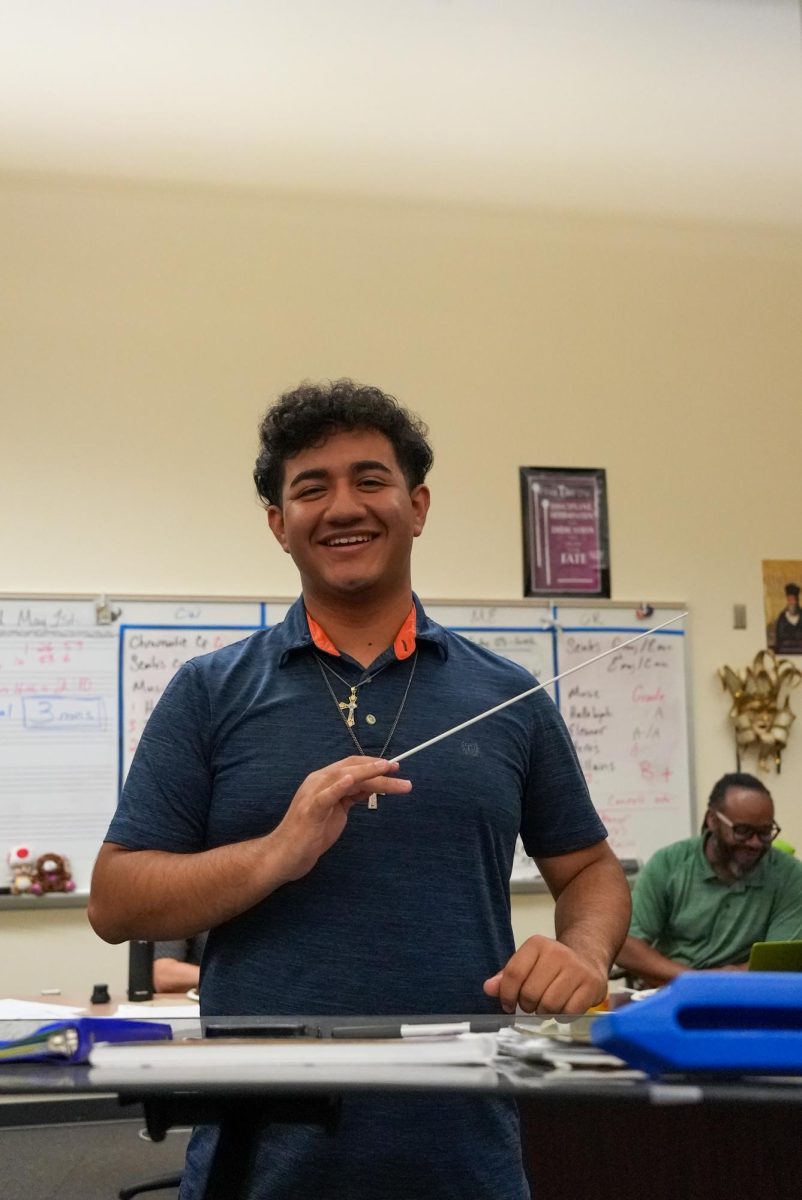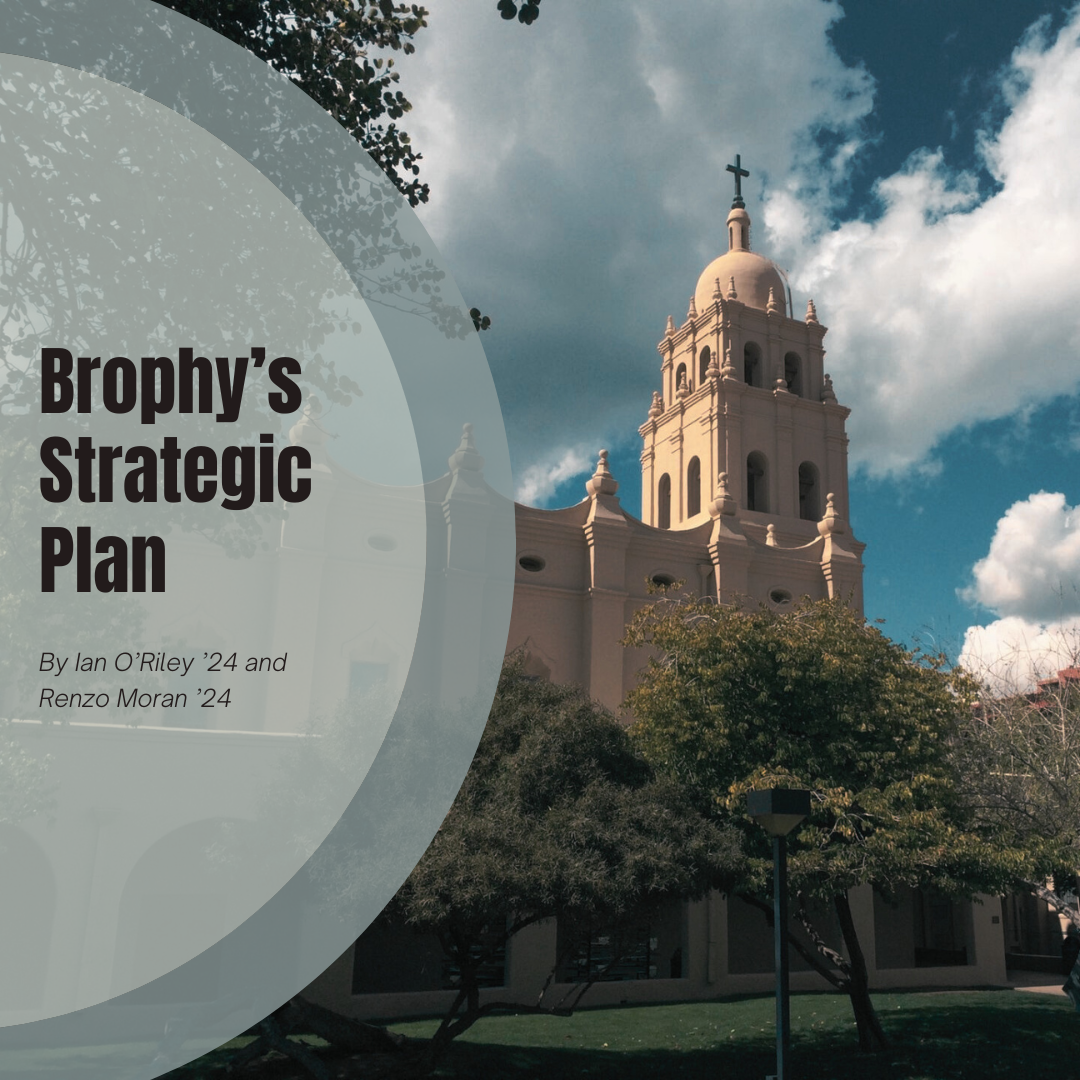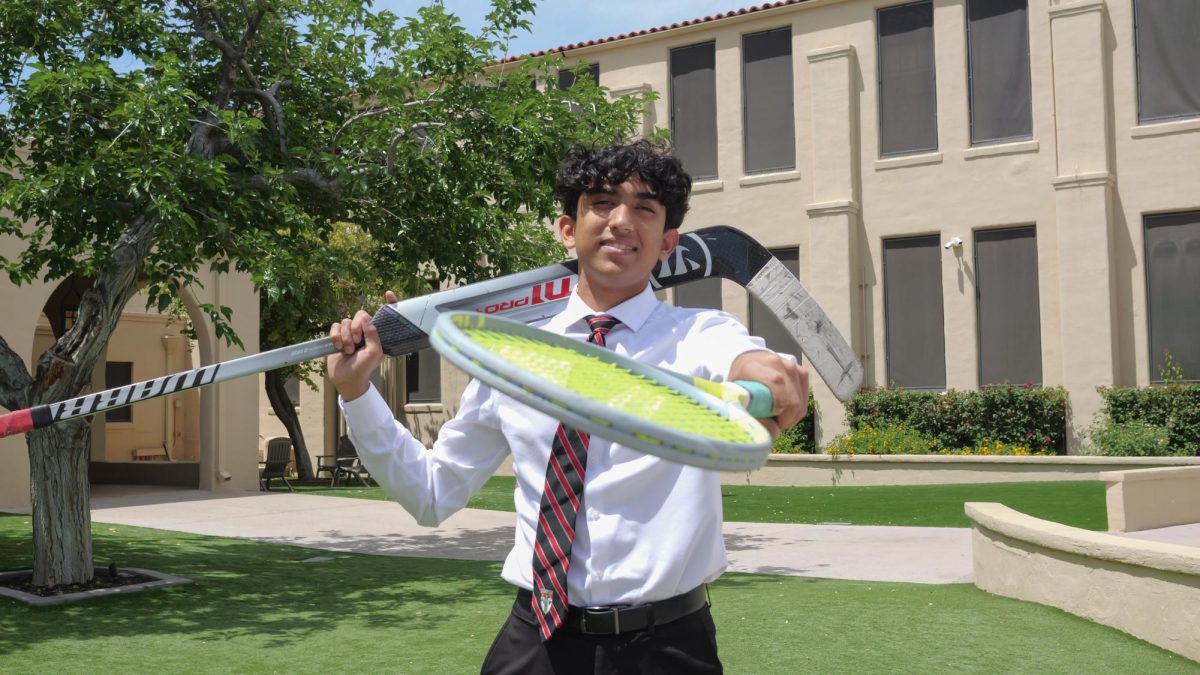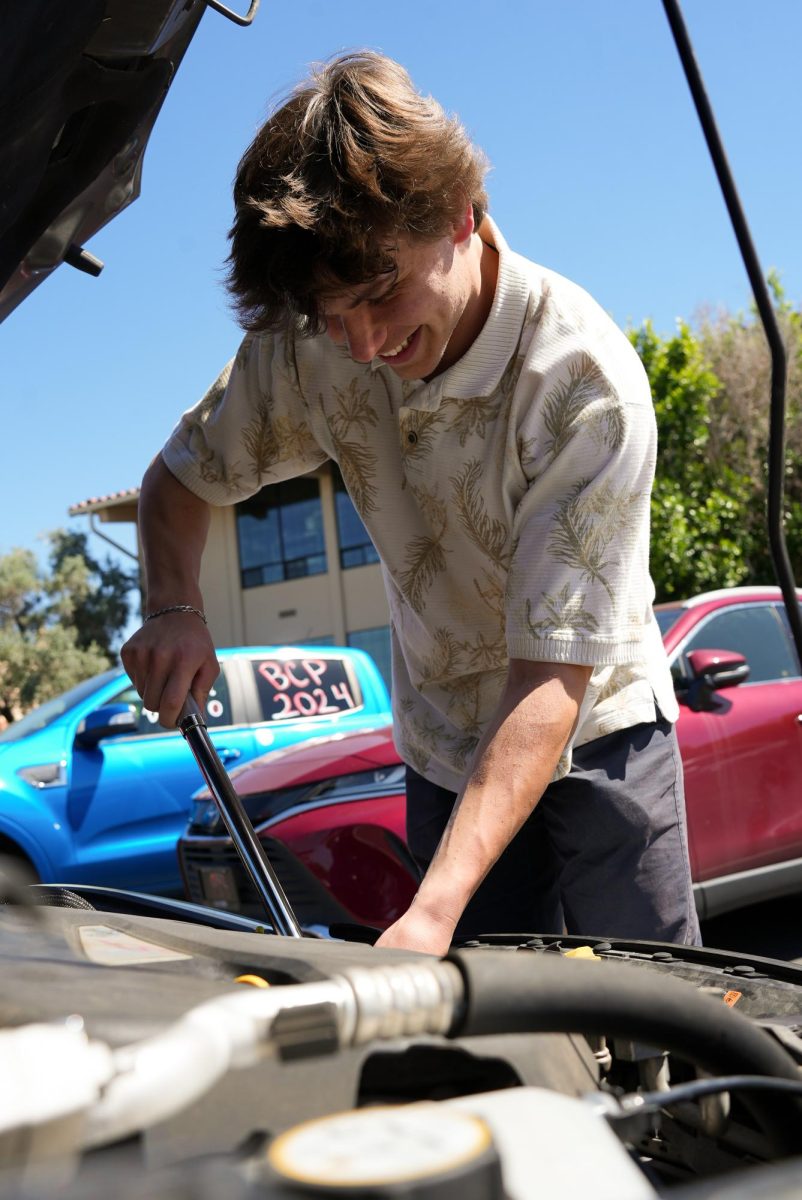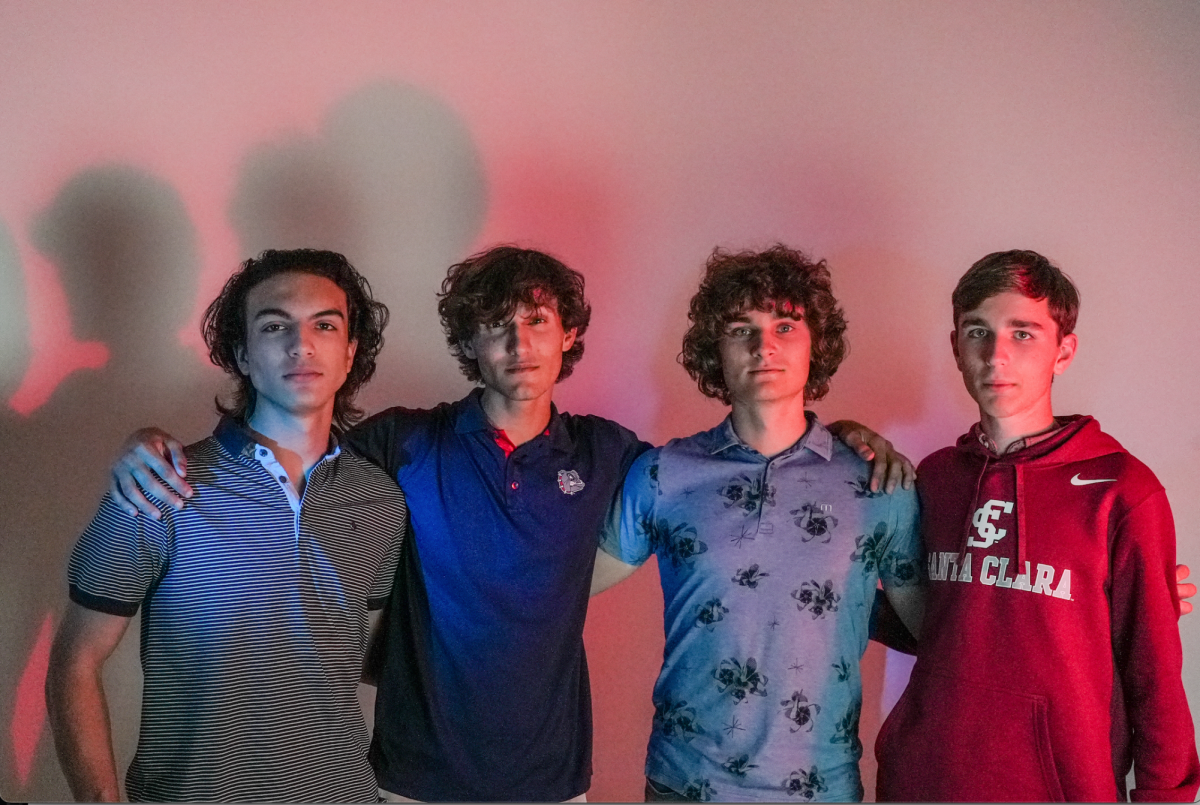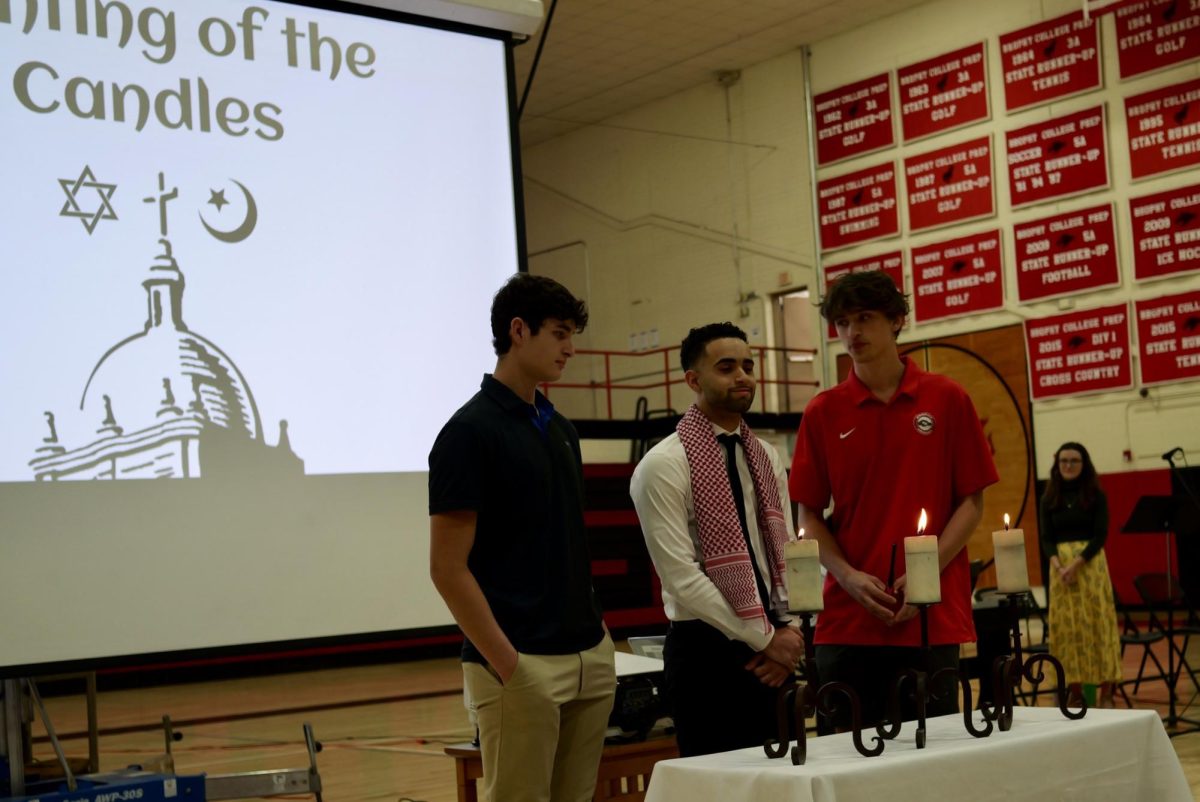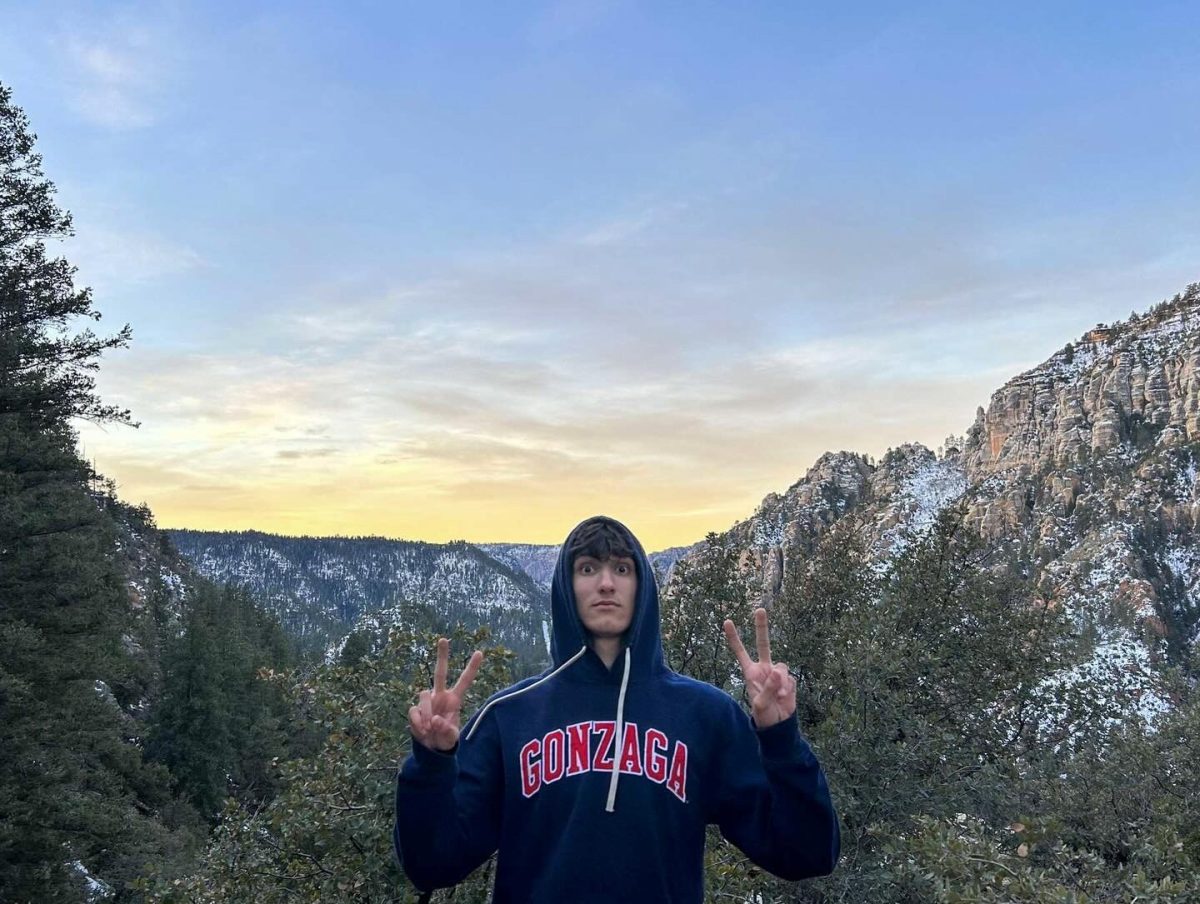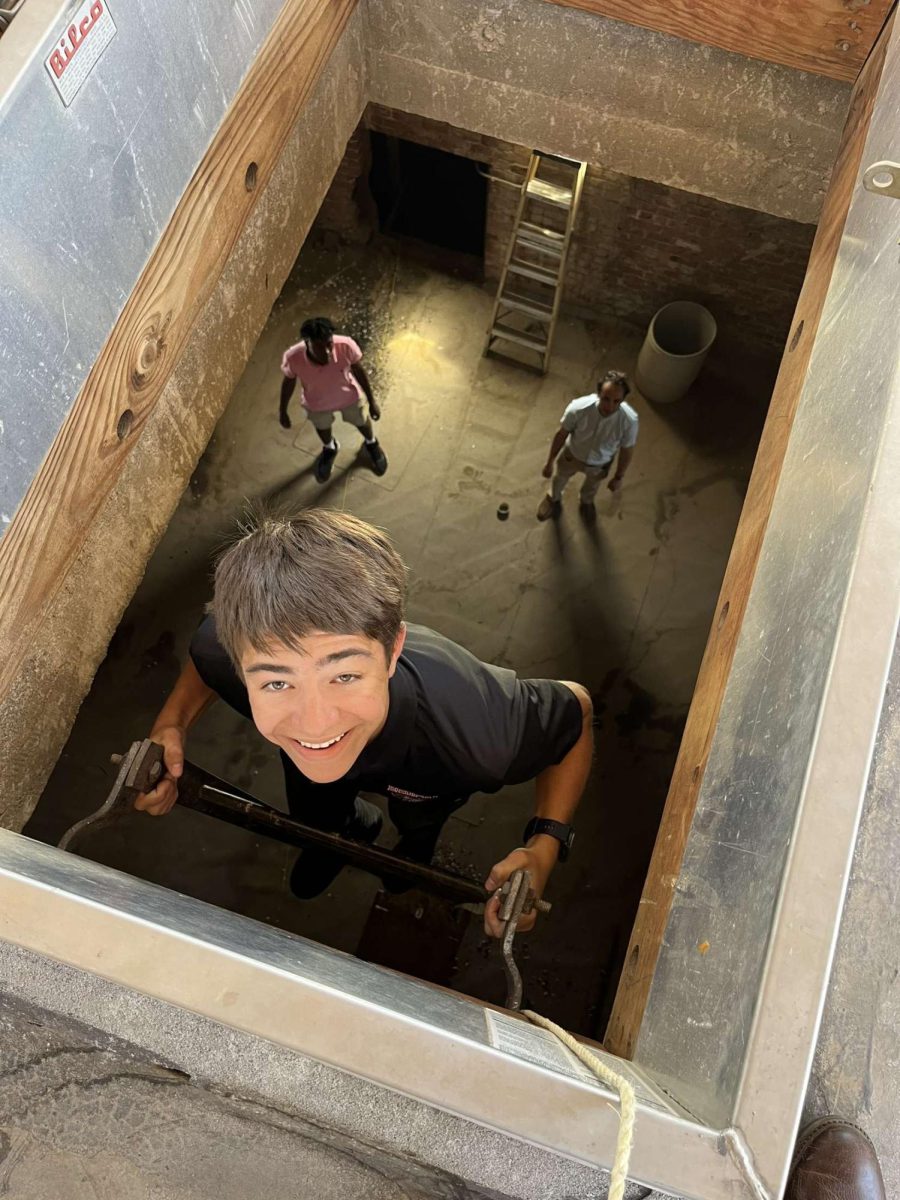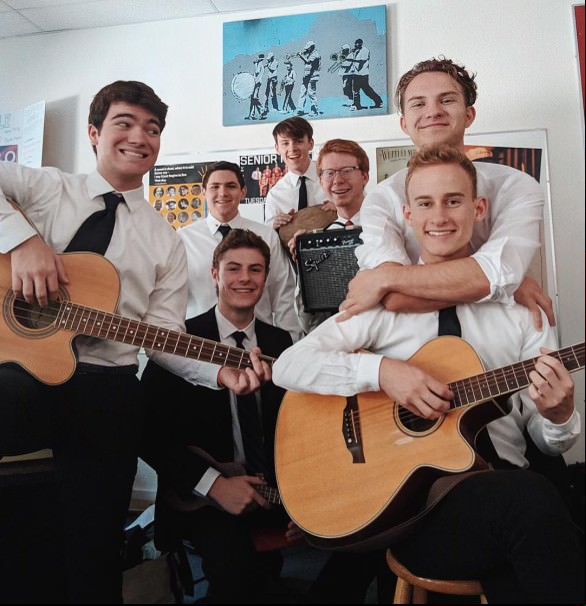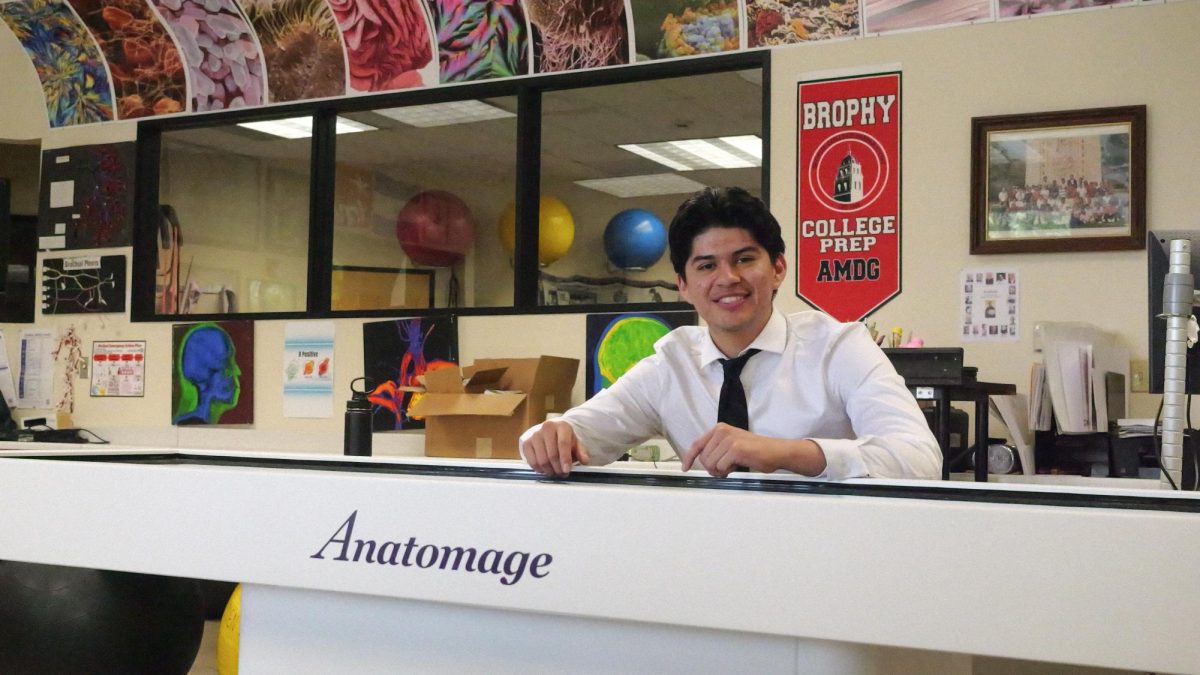By Austin Norville ’15
THE ROUNDUP
Brophy hopes to makes students more aware of economic inequality during this year’s annual Summit on Human Dignity, occurring March 4- March 15.
The theme of this year’s Summit is about the opportunity gaps that economic inequality creates.
“It’s a sad thing, that there are so many people that live in those conditions,” said Tom Rainer ’15.
The theme is prevalent in today’s society in three distinct ways, said Summit Coordinator Mr. Ryan Hubbell.
“The first is that if you look at the Bible, there’s one thing Jesus talks to no end about … is the care and help of the poor,” he said.
Summit planners intend to influence students to do just that.
“The second (distinct way) is if there’s one issue that we feel like the Catholic Church is abundantly clear on it is that we need to be in community with and help the poor,” Mr. Hubbell said. “In addition to that, culturally we just felt it was the right time to talk about this.”
The culture of this issue is mentioned in news, in the presidential debates and even the recent inaugural address by President Barack Obama.
“It is conveniently here,” said Anthony Gutierrez ’15. “With all the talks we’ve been having and all the issues that have come up with the election it fits perfectly.”
According to Mr. Hubbell, the issue is about how we create economic equality.
“Not only did we feel it had a very deep and religious basis, but it had a cultural relevance as well,” Mr. Hubbell said.
As of now, three speakers are set to give presentations, the Rev. Jim Gartland, S.J., Calvin Terrell and the Rev. John Becker, S.J. An additional speaker will also be added to the two-week schedule.
“It is a topic that is so prevalent in politics and media right now, we thought it would be good to explore it from a Catholic perspective,” said Summit committee member Ms. Megan McDonald. “It’s an issue of justice.”
Gutierrez said he hopes the two weeks cover possible solutions rather than just discussing the problem.
According to Ms. McDonald, the hope is to educate students about the economic inequality and how to work to correct injustices.
“Just pick your eyes up and look around because there’s more to this world than just what you see around you,” Rainer said. “That’s why change happens, because people look around and they see what they want to change, and they do it.”


